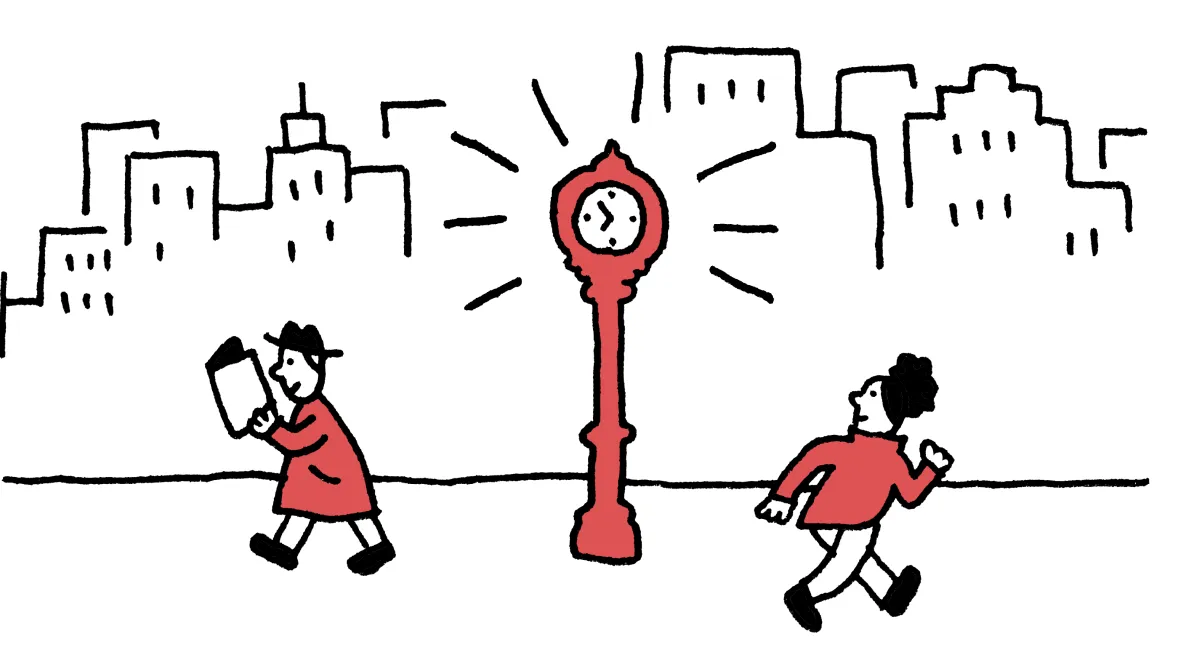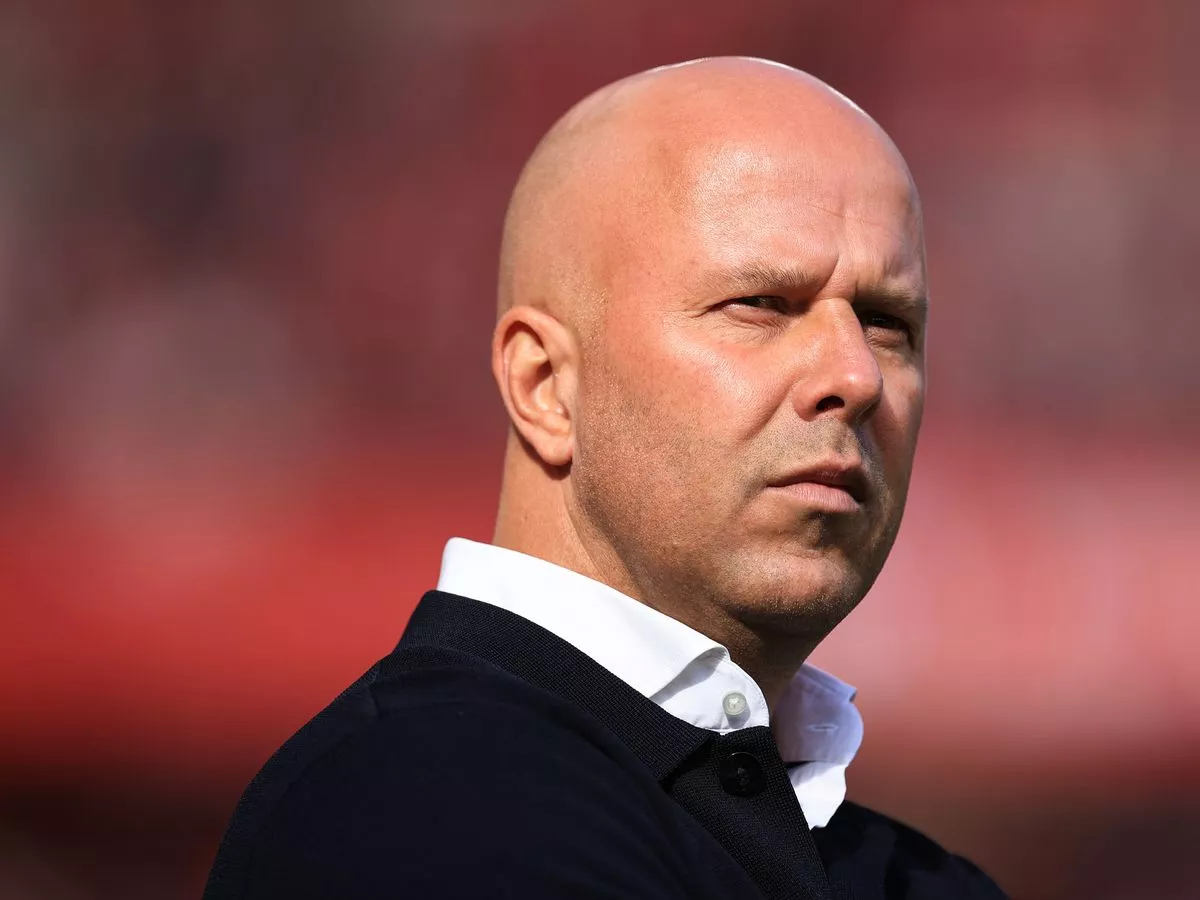By David Remnick
Copyright newyorker

This week, the Trump Administration, led by its endlessly aggrieved boss, turned against the First Amendment. Plus:
• Jimmy Kimmel’s starring role in the culture wars
• Is Putin’s crackdown on speech happening here?
• The illusion of Joe Manchin’s “common sense”
David Remnick
Editor, The New Yorker
Donald J. Trump has always been obsessed with television, particularly when the subject matter is Donald J. Trump. The President reportedly watches hours of cable news every day, and frequently complains about coverage in real time. Investigative reporting is bad enough; often what really infuriates him is jokes. Jokes aimed at him.
Historically, autocrats are a mirthless bunch. Augustus, Napoleon Bonaparte, Tsar Nicholas I, Francisco Franco, and countless others––they all cracked down on satirists. A generation ago, Vladimir Putin, a former K.G.B. officer well practiced in the most punitive forms of cancel culture, launched his assault on the Russia media by going after “Kukly,” a weekly satirical puppet show on the network NTV that fearlessly mocked public officials, including him. “Kukly” was eliminated, and Putin went about dismantling the editorial staff of the network. By the time Putin invaded Ukraine, he had set about destroying the remaining vestiges of an independent press; these days TV Rain, Meduza, and other once-popular outlets operate in exile.
This week, Trump and his loyalists brought down the hammer of censorship on Jimmy Kimmel––the latest step in an ever-widening effort to stifle criticism, reporting, and, well, jokes. Earlier in the week, Brendan Carr, the chairman of the Federal Communications Commission, issued a fairly unambiguous threat aimed at ABC and its parent company, Disney, over a recent monologue by Kimmel about the aftermath of the assassination of Charlie Kirk, calling it “some of the sickest conduct possible.” “This is a very, very serious issue right now for Disney,” Carr said, and used a line straight out of “Goodfellas”: “We can do this the easy way or the hard way.” Within hours, Disney’s executive leadership suspended Kimmel’s show “indefinitely.”
By Thursday, the President was cheerful and emboldened, telling reporters on Air Force One that he and the F.C.C. could go after the broadcast licenses of outlets they deemed excessively critical. Who was the President aiming for next? Seth Meyers? Jon Stewart? There appears to be no limit to his sensitivity or his determination to humble his tormentors. Trump and his circle have, in various ways, attempted to undermine the Wall Street Journal, the New York Times, the Washington Post, PBS, NPR, an array of cultural and philanthropic institutions, and more. It is best to take Trump at his word, and that means the press and the First Amendment are in for a test of unprecedented dimensions.
We’re unveiling next week’s magazine cover a bit early: it’s a timely drawing by the political cartoonist Barry Blitt. In it, a modest-sized hand poking out of a suit sleeve is holding a remote control with a big, red “Power” button at the top; the others say things like “Mute,” “Stifle,” “Banish,” and “Muzzle.” And at the bottom, there’s one for “Deport.” As I told Stephen Colbert last night as a guest on his show (cancelled by CBS, but still running, for now at least, until May), this cover is funny in a “ha-ha” way—and funny in the sense that it reflects our alarming reality. The President is trying to press the Mute button on satire, on aggressive reporting, on criticism. The question is: Who will bow down and who, in the name of free expression and the Constitution, will speak up?
How Donald Trump’s Culture-Wars Playbook Felled Jimmy Kimmel
The Grave Threat Posed by Donald Trump’s Attack on Jimmy Kimmel
J. D. Vance, Charlie Kirk, and the Politics-as-Talk-Show Singularity
Hillary Clinton on the Psychology of Autocrats
Yesterday, a Centers for Disease Control advisory panel voted to stop recommending a combined shot for protection against measles, mumps, rubella, and varicella (chicken pox) for children under four years old. Today, they added that it will no longer be paid for by a federal program that provides vaccines to children. The panel also voted to drop COVID-vaccination recommendations altogether, in favor of “individual decision-making.”
What will these changes mean for Americans who want to immunize their children?
“I think it’s pretty bad, and it’s going to get worse. The main problem here is that all of this activity is generating confusion, hesitancy, distrust, and, I think, may ultimately cause more disease.
Most kids don’t actually receive this M.M.R.V. shot, so it being limited may not have huge effects (immunization is still available as separate shots). But the decision was not based on some persuasive new piece of data, and the process by which the committee is issuing recommendations doesn’t inspire a lot of confidence. So far, the changes aren’t catastrophic themselves—they are not necessarily going to cause enormous harm. But they suggest that more concerning disruptions could be on the way.
What they’re doing is actually restricting patient choice, or at least erecting barriers that will make it harder for patients to access certain vaccines. They are chipping away at the infrastructure that has made Americans healthier and safer for generations. It’s the opposite of making America healthy again.”
—Dhruv Khullar, a physician and a contributing writer covering medicine, health care, and politics
Read: Oliver Hermanus, the director of the new film “The History of Sound,” starring Paul Mescal and Josh O’Connor, endorses “Maurice,” by E. M. Forster, among other great, gay books.
Watch: There’s a rare chance to see Elaine May’s 1972 comedic masterpiece “The Heartbreak Kid.” It’ll be showing next week at the Museum of the Moving Image. See what else our critics are recommending.
Listen: “Well, the sun’s not so hot in the sky today / And you know I can see summertime slipping on away,” James Taylor sings on “September Grass”—a good tune for a season of transition.
“Wages are down, prices are up, and terror and uncertainty plague the streets, but first our top story—why aren’t women having more babies?”
Today’s Crossword Puzzle: Hits a high point—five letters.
Laugh Lines: Test your knowledge of classic New Yorker cartoons.
Name Drop: Guess the identity of a notable person in six clues.
P.S. Agnes Gund, the former president of the Museum of Modern Art and a major donor to social-justice programs and cultural institutions, has died, at age eighty-seven. She once sold a Roy Lichtenstein painting, for a hundred and sixty-five million dollars, in order to establish the Art for Justice Fund, dedicated to relieving mass incarceration in the U.S. 🖼️
Hannah Jocelyn contributed to today’s edition.



